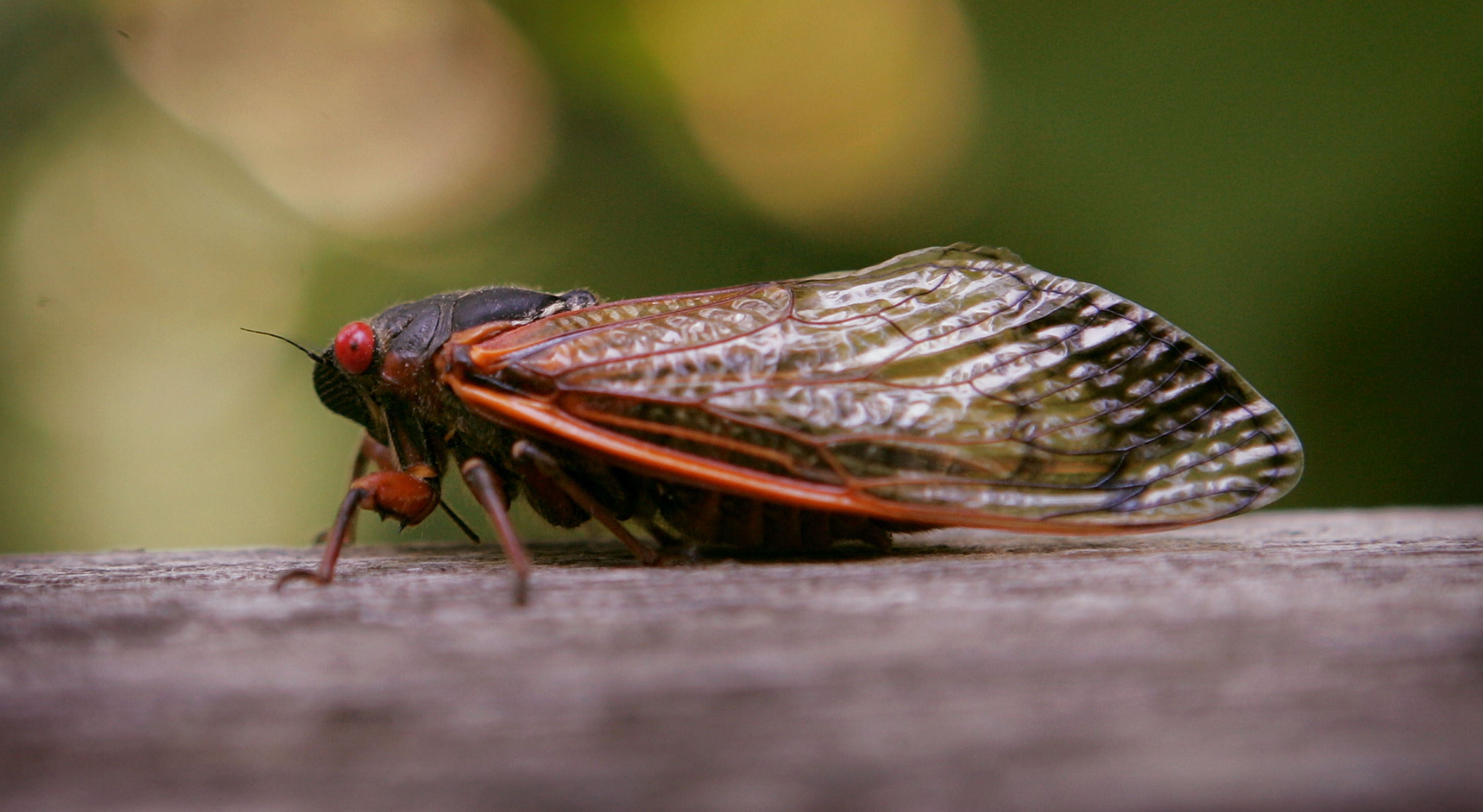Most Americans are now eligible to receive reformulated COVID-19 booster shots, and many are undoubtedly wondering what kind of side effects they may potentially have to deal with when it comes to the new “bivalent” shots.
The Centers for Disease Control and Prevention and the Food and Drug Administration signed off on the new booster shots over the Labor Day weekend. The shots, produced by Pfizer and Moderna, are specifically formulated to offer protection against omicron subvariants of COVID-19, and health experts are urging Americans to receive the shots as soon as possible as cooler weather approaches.
Here’s what we know so far.
What Side Effects Can I Expect?
Feeling out of the loop? We'll catch you up on the Chicago news you need to know. Sign up for the weekly Chicago Catch-Up newsletter here.
According to the CDC, side effects for bivalent booster shots are expected to be similar to the ones that patients experienced after previous vaccine doses.
The main side effect reported by the majority of patients is injection site pain, according to the CDC. Other common symptoms include fatigue, headache, muscle and joint pain, chills, nausea and vomiting, and fever.
Other adverse side effects, including severe allergic reactions, are exceedingly rare with the COVID vaccines, but most of those effects would occur shortly after the injection, with medical experts monitoring your condition for 15 minutes after receiving the shot.
News
Patients are encouraged to report any side effects to the Vaccine Adverse Event Reporting System, or to V-safe.
What is Different About This Booster Shot?
The newest booster shots offered by medical providers have been specifically formulated to help protect individuals against the omicron variant of COVID-19.
Both the Pfizer and Moderna booster doses, given emergency use authorization by the federal government, are so-called “bivalent” vaccines, protecting both against the original COVID-19 virus and against omicron strains.
The dosing levels are the same as previous shots, according to the CDC.
What If I’ve Recently Had COVID?
While the new boosters have been approved for most Americans, those who have recently been diagnosed with COVID are advised to wait a short time after their symptoms clear up.
According to doctors at Northeastern University, patients should wait “at least a few weeks” before getting the booster if they’ve recently been diagnosed with COVID. The booster shot may not provoke as strong an immune response in a patient who recently had COVID, and residual immunity from the infection should provide additional protection while waiting for the new dose, according to experts.
Studies are still underway to determine the best course of action, but Northeastern professor Brandon Dionne suggests waiting two-to-three months from the date of infection until getting a booster dose of the vaccine.



